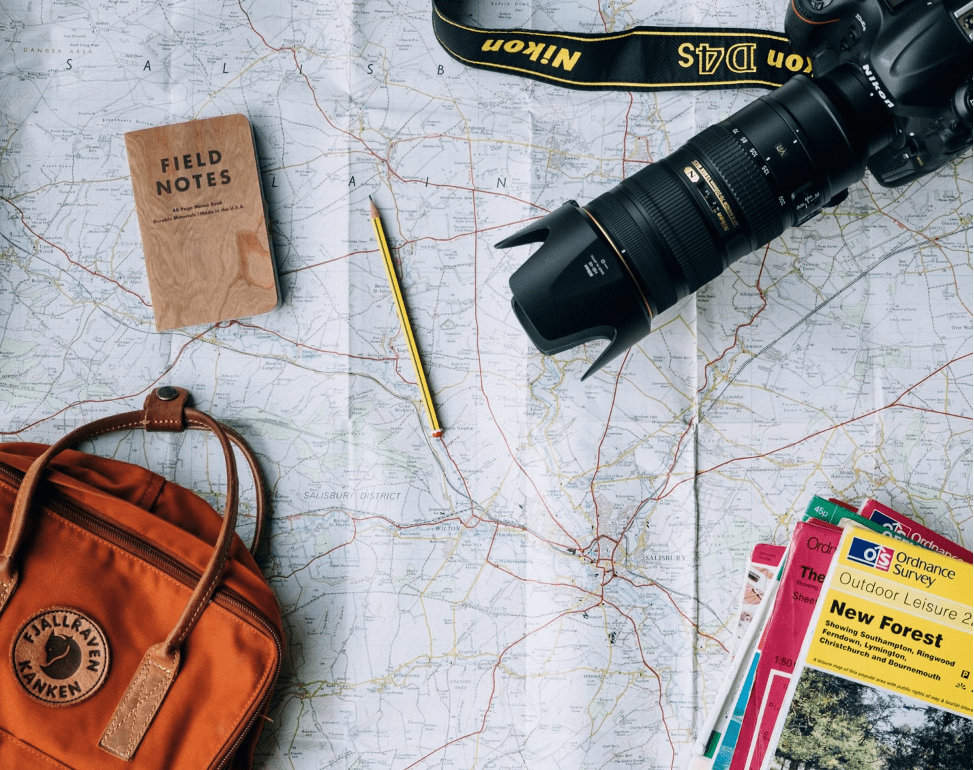The rise of the digital nomad movement, which is fueled by remote workers freed from the constraints of regular office jobs, has contributed significantly to the rise in popularity of the nomadic lifestyle. Moreover, following the worldwide health emergency that forced us to endure long-term confinement, high unemployment, and the loss of loved ones, freedom and open mobility have peaked in popular culture. Indeed, 2020 compelled people globally to rethink what constitutes a happy, fulfilling life.

Andrea/Pexels | Everyone dreads being locked up again
Nomadism in the UK
In December 2020, a Romany woman from Leicestershire named Lisa Smith sued the government in court over the denial of her planning application and the term “Traveler” in the planning code.
Due to a change in the planning definition of Gypsies and Travelers in 2015, those who have stopped traveling for employment (regardless of whether it was due to a disability, chronic illness, or old age) cannot obtain planning permission for pitches on their own property and will not have their housing needs determined.
It has become far too simple for municipalities to shirk their obligation to provide space for Gypsies and Travelers due to a modification to the planning definition of “Travelers.” A new legal dispute might effect change, according to Sarah Mann.
Due to their severe disabilities, Lisa’s family members were unable to travel for work and, as a result of the new definition, were denied planning permission for a private site.
Their ability to take care of one another and maintain their way of life was severely hampered by the choice. Discrimination is what it is when someone with a disability or an old person is not included in the definition of “Traveler.”

Ekaterina/Pexels | The court’s verdict is now awaited
Much Ado About Nothing
Even though Gypsies and Travelers have been moving around the UK for business and pleasure for more than 500 years, Smith’s case is another example of how the planning system largely fails nomadic individuals. More than 3,000 Gypsy and Traveler households reside in illegal settlements, many of them due to the difficulty in obtaining planning approval for their land. We have received a deluge of calls from folks who cannot acquire even basic necessities like water during the pandemic.
The 2015 definition of “Traveler” in planning makes it much simpler for municipalities to justify the lack of accommodations for them. According to the Human Rights Commission, the assessed requirement for new Gypsy and Traveler pitches had decreased by nearly 80% from pre-2015 levels for 20 councils.
An improved planning system that takes into account and caters to the needs of nomadic groups is necessary to address the issues that Gypsy and Traveler communities encounter. All Gypsies and Travelers who require a pitch to live on should be included, at the very least, in the planning definition of a Traveler.

Emre/Pexels | At the end of the day, everyone needs a place to call home
But for the time being, being a Gypsy or Traveler looking for a place to stop is like playing a never-ending game of catch-22 since you have to keep traveling to maintain your Traveler identity, but you are not allowed to stop anywhere.




